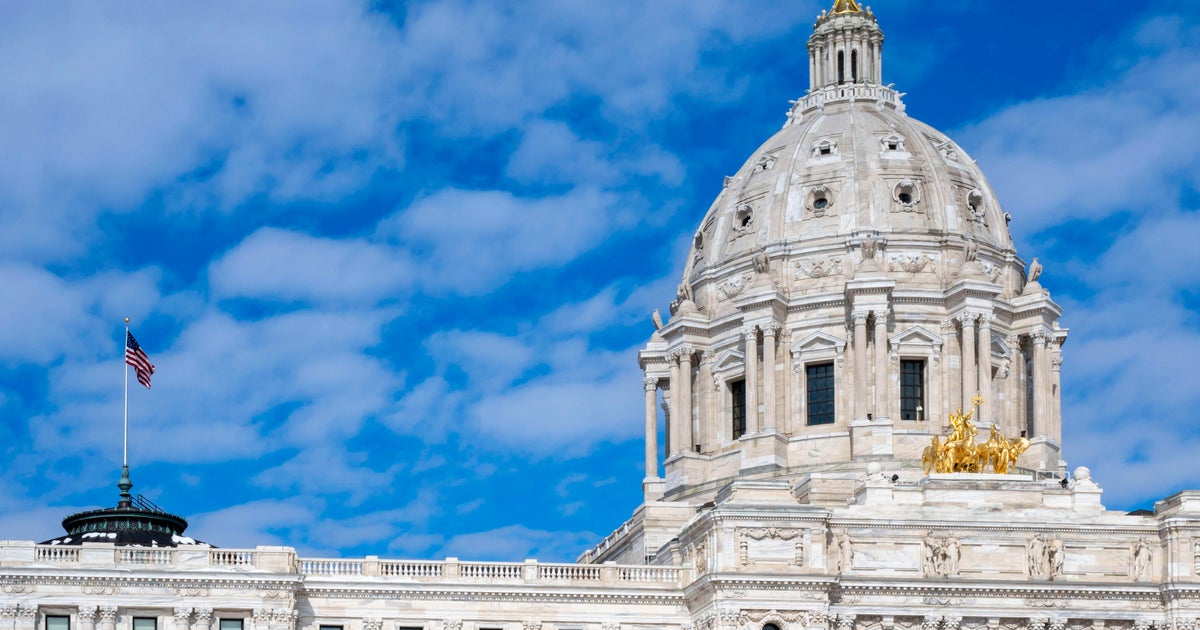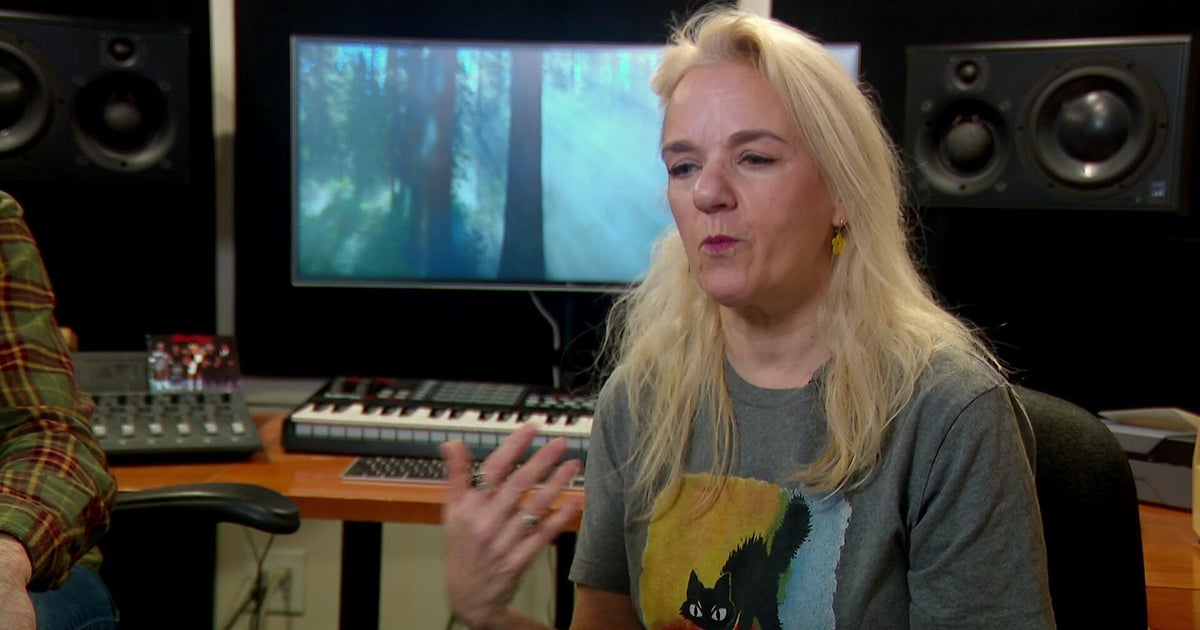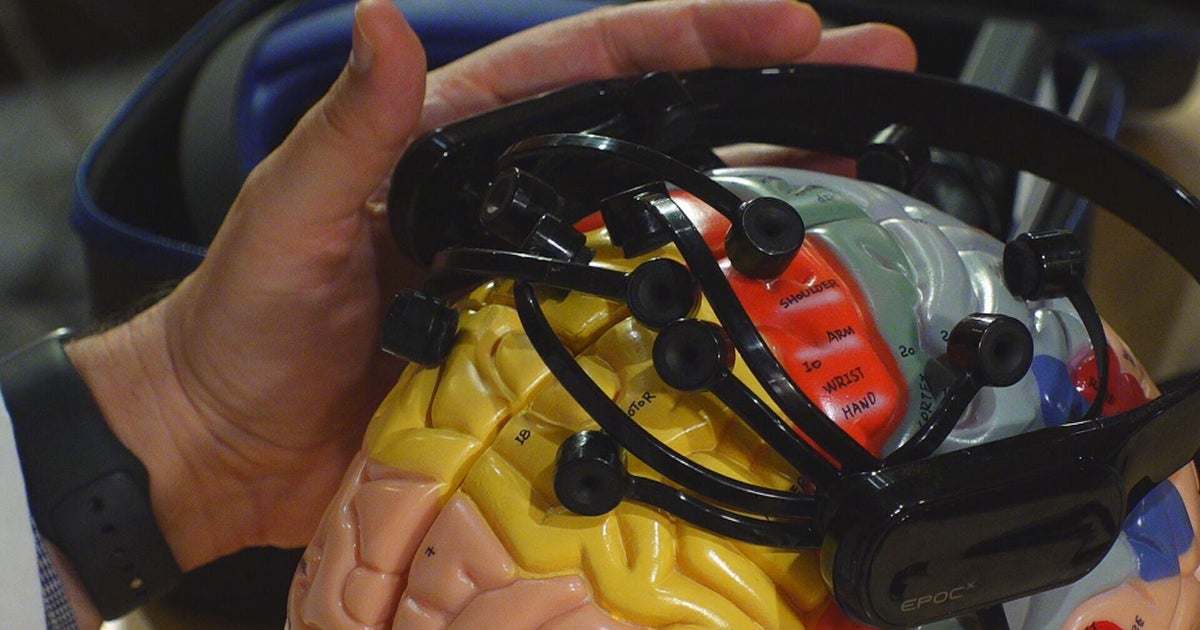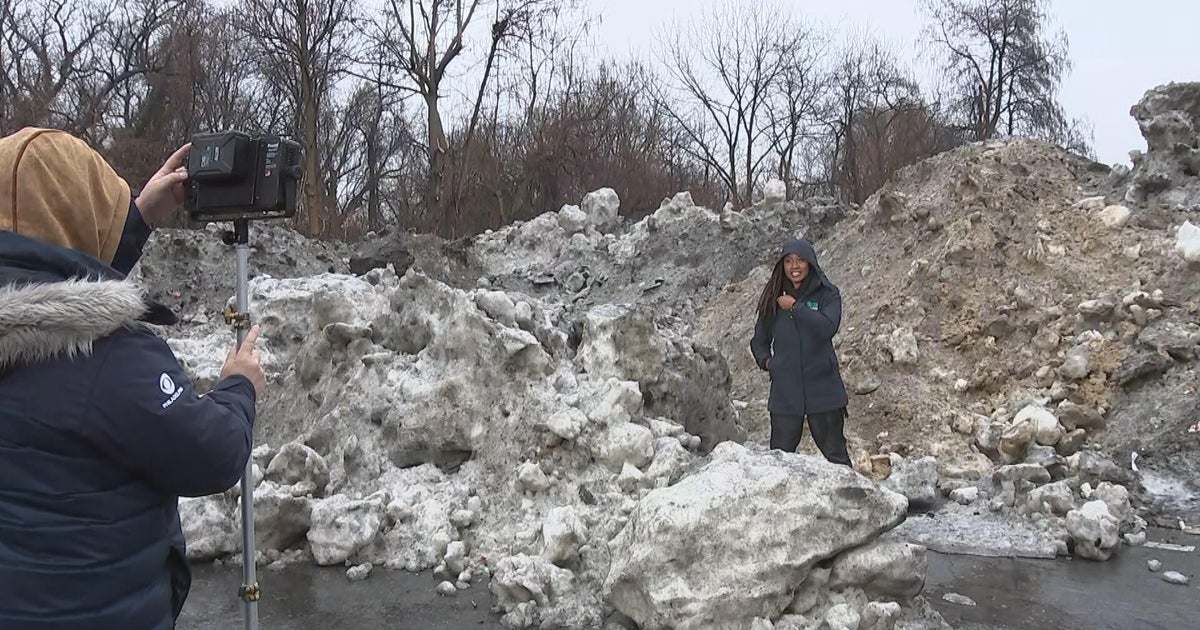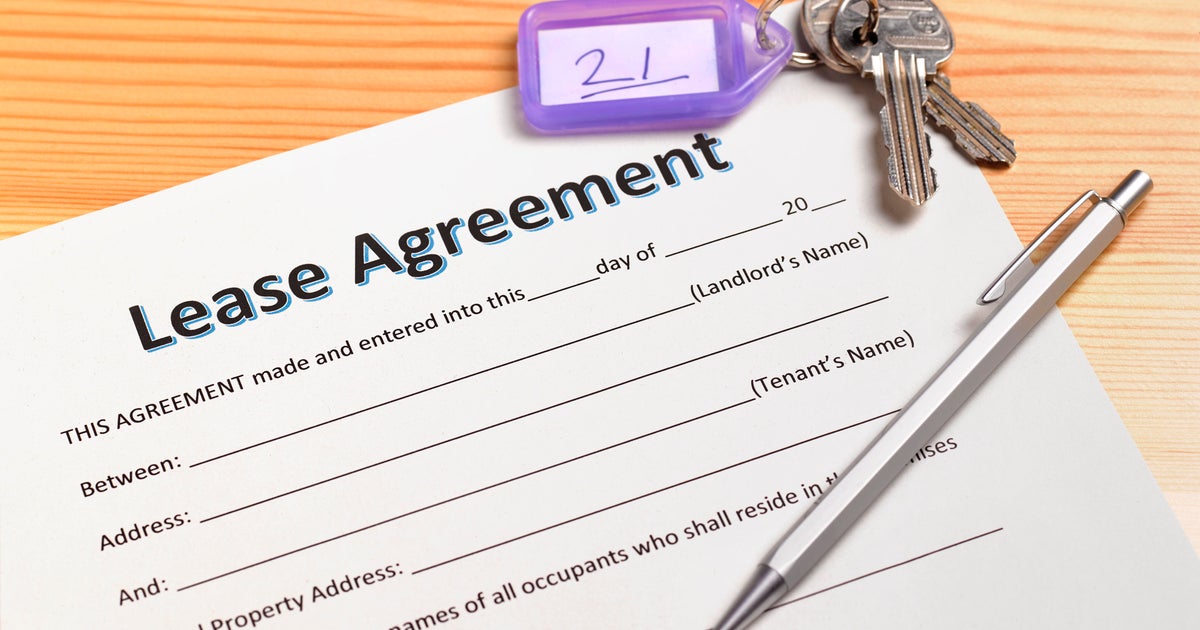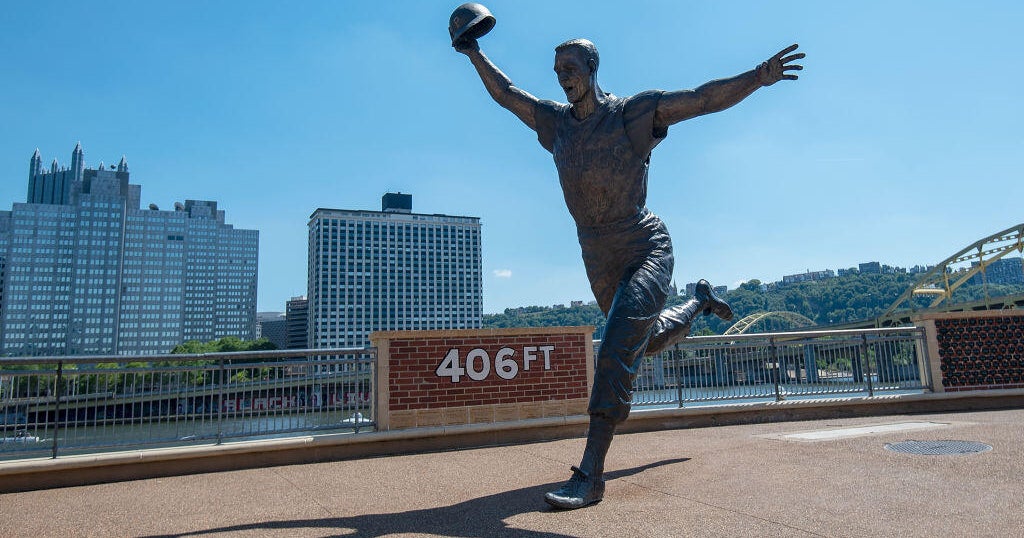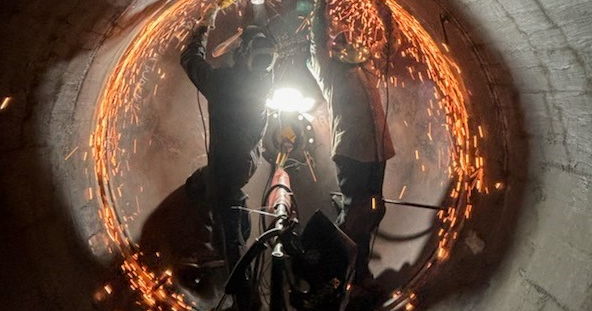Divided MN Legislature Will Return With Much Undone: A Look At The Major Issues
ST. PAUL, Minn. (AP) — A deeply divided Minnesota Legislature returns from its Easter-Passover break Tuesday with just five weeks left to decide what to do with the state's $9.25 billion budget surplus plus $1.2 billion in unspent federal pandemic relief.
There's been little meeting of the minds between the House Democratic and Senate Republican majorities since they convened in January. They have yet to translate their handful of bipartisan successes to bigger deals on taxes, spending and policy. Much of what they've advanced will please the parties' traditional constituencies but won't become law.
There is no constitutional requirement that the Legislature pass anything this session, given that it approved the current two-year budget last year. Any untouched surplus will stay in the bank for next year. Democratic Gov. Tim Walz, however, would decide how to use the unspent federal aid if lawmakers can't agree.
A public works borrowing package known as a bonding bill is typically the centerpiece of sessions in even-numbered years like this one. That has yet to come together, but Walz used the break to talk up his own $2.7 billion "local jobs and projects" bonding wish list, as well as his tax and public safety proposals.
Here's a look at where some of the major issues stand headed into the home stretch:
THE BIG PICTURE NUMBERS
The House and Senate majorities haven't provided official cost totals for their budget blueprints, which are still taking shape. But the Minnesota Budget Project calculates that the House Democratic plan currently contains a net increase of $4.9 billion in additional funding for public services, compared with $1.4 billon for the Senate Republican plan, while the Senate plan would cut revenues by $3.4 billion compared with $1.6 billion for the House. Altogether, the group says, House spending and tax changes would cost the state's general fund $7 billion compared with $5.9 billion for the Senate's.
UNFINISHED BUSINESS
The biggest stalemate remains the linked issues of undoing an unemployment insurance tax increase and bonuses for frontline workers who took risks during the pandemic. House Democrats have made a tax rollback contingent on Senate Republicans agreeing to $1 billion for frontline workers instead of the $250 million target set last year. Senate Republicans have refused.
BIPARTISAN SUCCESSES
Both chambers rushed through $1 million in emergency money in one day this month to bolster the fight against bird flu in the country's largest turkey-producing state. It's the worst outbreak of the disease since 2015 and has cost Minnesota producers over 1.8 million birds.
The House and Senate also agreed on a $700 million extension of the state's reinsurance program, which holds down premiums for residents who buy health insurance on the individual market.
Walz led an emotional signing ceremony for a $25 million bill to fund research into ALS authored by Sen. David Tomassoni of Chisholm, who has the neurological disease.
State government will divest from Russia in solidarity with Ukraine. Minnesota had an estimated $53 million in Russian investments before the invasion.
TAXES
In keeping with the GOP vow to give the surplus back to taxpayers, the Senate passed a permanent income tax cut that would reduce the first-tier rate for all filers from 5.35% to 2.8% and fully eliminate income taxes on Social Security. It would provide $8.4 billion in relief over three years, taking $3.4 billion of the current surplus. So it doesn't leave a lot of room for spending hikes.
Critics say most of the benefits of the GOP plan would go to well-off Minnesotans. The $1.6 billion House Democratic plan foregoes an across-the-board cut in favor of targeted relief through expanded child care and property tax credits and refunds. It would also eliminate taxes on Social Security for those with annual incomes under $75,000.
Walz is still pushing for one-time income tax rebates of $500 for single filers and $1,000 for joint filers. He's dubbed them "Walz checks." His plan isn't in the House tax bill, and the Senate voted it down. But it's conceivable that some version could emerge as a compromise.
PUBLIC SAFETY
The House and Senate have also staked out very different positions on fighting crime. The $100 million Senate Republican plan includes longer sentencing for several offenses plus measures meant to discourage judges and prosecutors from going easy on offenders.
The House Democratic proposal includes $150 million in grants to help cities and counties with the worst crime rates develop "innovative solutions." The governor's plan has similarities but it would spread $300 million among cities, counties and tribes over three years in a more direct approach to funding police.
A proposed ban on no-knock warrants following the police killing of Amir Locke didn't make it into the main House public safety bill and a floor vote is uncertain.
One of the few pieces of common ground in both bills is $50 million so the state's public defender system can increase staffing to national standards. Those lawyers came close to striking in March.
EDUCATION
Education is one of the biggest components of the state budget, and House Democrats want to make it even bigger by spending $1.15 billion of the surplus on schools. Their package focuses on mental health support for students, special education and English language learners.
The Senate GOP proposal would spend just $30 million more. Republicans point out that the current two-year budget already includes a big increase in per-pupil funding, 2.5% in the first year and 2% in the second. Their focus is a "Parents Bill of Rights" of curriculum transparency measures.
ENVIRONMENT
The outdoor proposal that's gotten the most buzz has been decreasing the statewide walleye limit from six to four, but it appears dead in the water. A bill to block the Walz administration's "clean car" rules awaits a Senate floor vote but remains stalled in the House.
The main House environment bill would rein in deer farms to prevent chronic wasting disease. It would also ban PFAS, also known as "forever chemicals," from several consumer products.
A proposed constitutional amendment to renew the Environment and Natural Resources Trust Fund through 2050 has made it through a couple Senate committees with bipartisan support. The current amendment, which dedicates 40% of state lottery proceeds to outdoors projects, expires in two years. The new amendment, if approved by voters in 2024, would increase that to 50%.
SLEEPER ISSUES
An effort to legalize sports betting in Minnesota got new life after tribes that operate casinos gave it their tentative support in return for a big piece of the action. It's been moving through House committees but faces an uphill fight in the Senate. A push to legalize recreational marijuana hasn't caught fire this session. It passed the House last year but has gone nowhere in the Senate. A move to allow more direct sales of growlers and six-packs by craft breweries and spirits in larger bottles by small distilleries has had a taste of success in the House but remains bottled up in the Senate.
(© Copyright 2022 The Associated Press. All Rights Reserved. This material may not be published, broadcast, rewritten or redistributed.)
